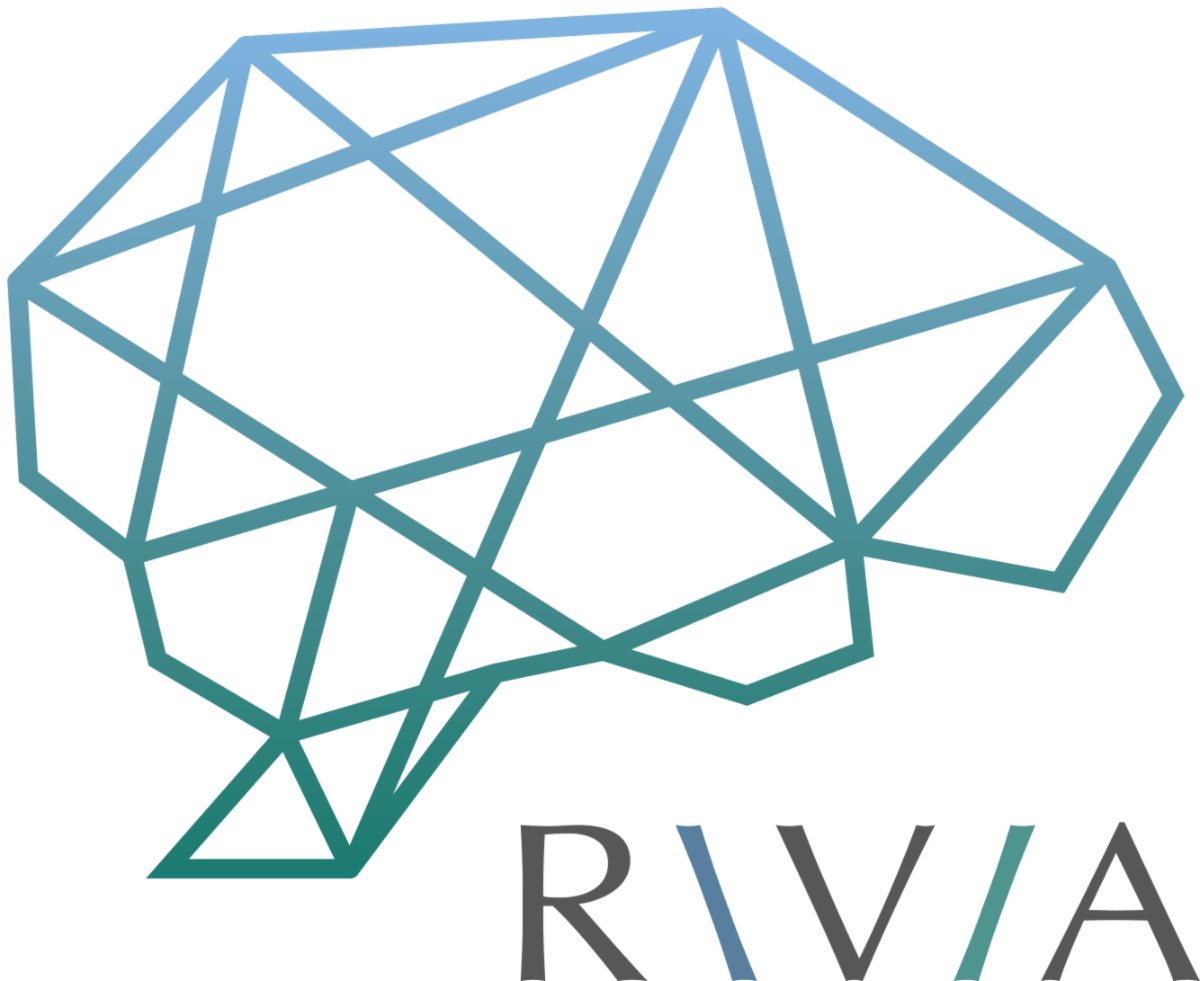Menu
Emotional disturbance refers to a range of mental health conditions that significantly impact an individual’s emotional well-being and behavior. These disturbances can affect various aspects of daily life, from personal relationships to academic or occupational performance. Understanding the causes, symptoms and available treatments is crucial for individuals and their support networks.
The origins of emotional disturbance can be complex and may involve a combination of factors:
Emotional disturbance can manifest in diverse ways, and symptoms may vary based on the specific condition. Common indicators include:
Accurate diagnosis is critical for developing an effective treatment plan and may involve:
While not all emotional disturbances can be prevented, early intervention and healthy coping strategies can be beneficial:
Emotional disturbance often involves complex interactions within the brain, impacting areas related to emotions, behavior and cognitive function.
Individuals with a family history of emotional disorders, a history of trauma, or exposure to chronic stressors may be at higher risk.
Untreated emotional disturbance can lead to prolonged distress, impaired functioning and increased vulnerability to other mental health conditions.
Ongoing research is focused on refining diagnostic methods and developing innovative treatment approaches, including personalized therapies and technology-assisted interventions.
At Rivia Mind, our dedicated team of providers specializes in the diagnosis and treatment of emotional disturbances. We are committed to providing compassionate, individualized care, tailored to each person’s unique needs. Whether through therapy, medication management, or other evidence-based approaches, we are here to support you on your journey to improved emotional well-being. Your comfort and well-being are our top priorities and we look forward to helping you find the best therapy and treatment options that will work best for you.

274 Madison Avenue, Suite 1501, New York, NY 10016
Hours:
Monday – Friday, 8am – 8pm EST, Saturday, 9am – 5pm EST
Email: info@riviamind.com
Tel: (212) 203-1773
Fax: (646) 665-4427
Toll Free: (844) 369-9678
Copyright © 2023 · Rivia Mind · All Rights Reserved


